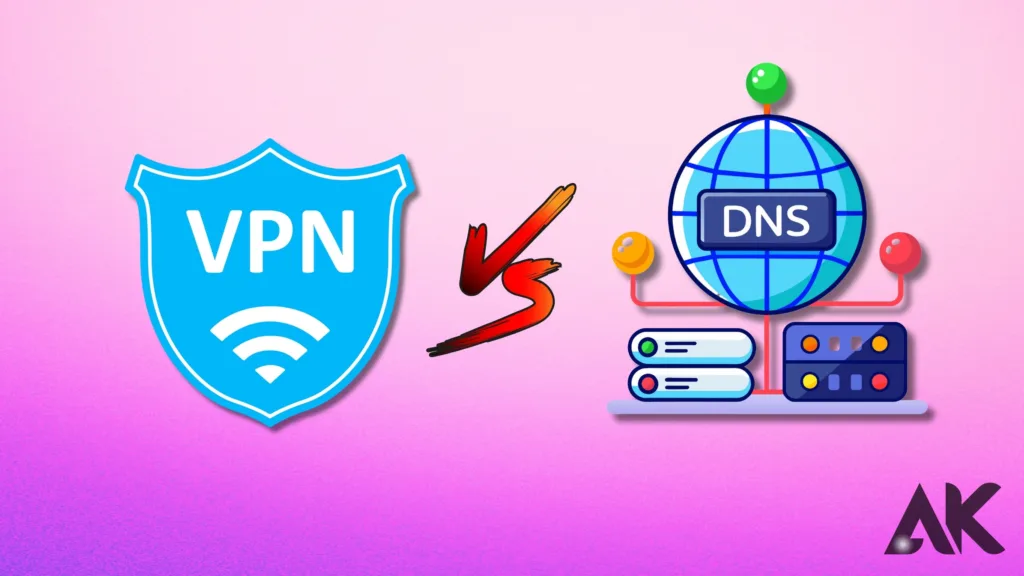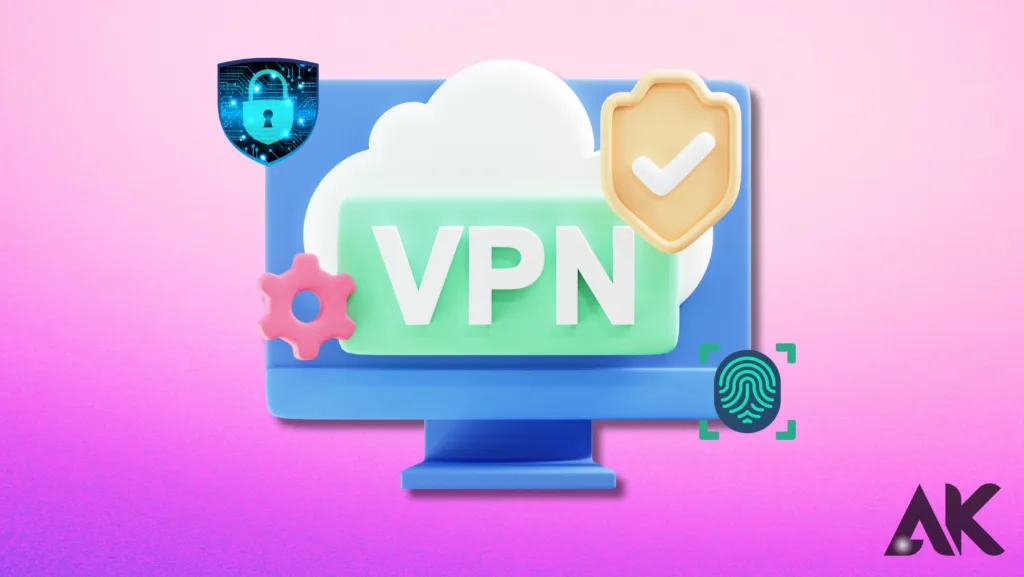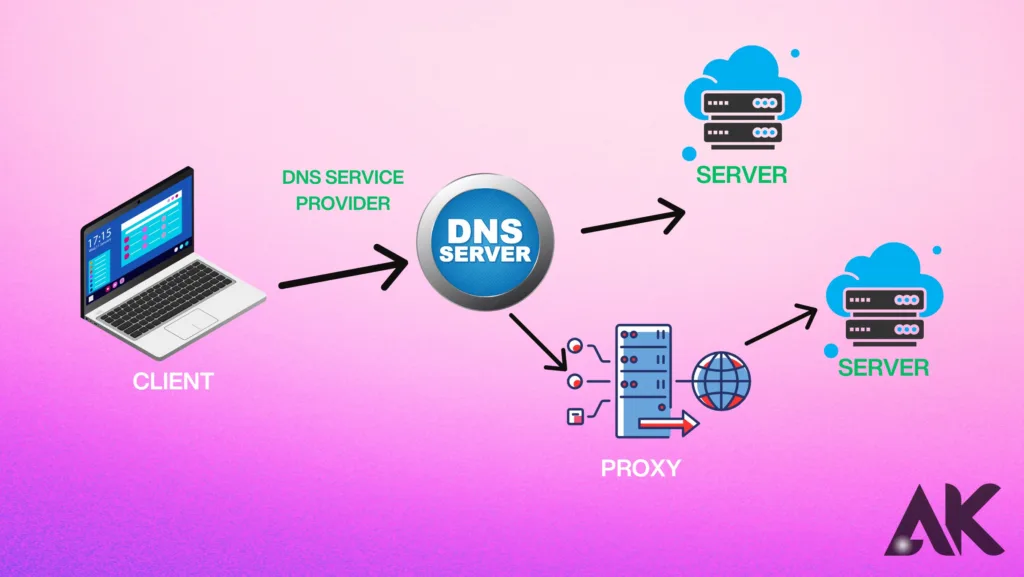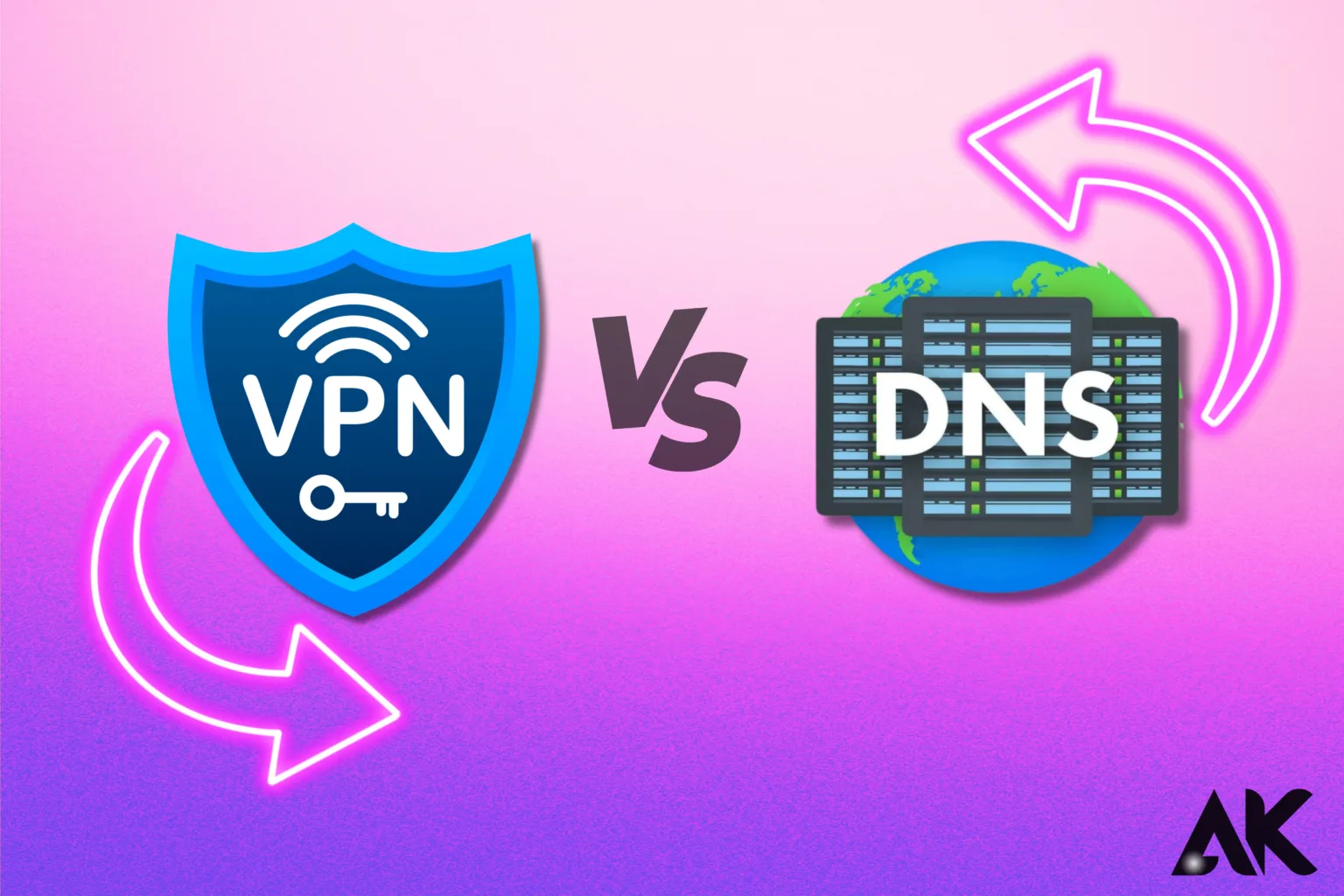When it comes to bypassing online restrictions or enjoying global streaming content, the debate of VPN vs Smart DNS often pops up. Both tools are game-changers, but they cater to different needs. A VPN (Virtual Private Network) is your digital bodyguard, encrypting your connection for ultimate privacy and security. Meanwhile, Smart DNS is like a swift shortcut, letting you access geo-restricted content without affecting your internet speed.
So, which one suits your needs? Whether you’re streaming your favorite shows, safeguarding sensitive data, or just exploring the web, understanding the differences between VPN vs Smart DNS is crucial. Let’s dive deeper into their features and see how they stack up against each other.
Understanding the Basics: VPN vs Smart DNS

Before diving into the technical differences, it’s important to grasp the basic concepts of these technologies.
- VPN: A VPN secures your internet connection by encrypting all your online data, ensuring anonymity and bypassing geographical restrictions.
- Smart DNS: Smart DNS changes your DNS settings to redirect traffic through a server in a different location, helping you bypass geo-blocks without affecting your entire internet traffic.
How VPN Works: Encryption and Privacy in Action

A VPN works by creating a secure tunnel for your internet traffic, which encrypts your data and routes it through a server. This ensures that your online activities are hidden from prying eyes. Here’s a quick overview of how it works:
| Feature | VPN |
|---|---|
| Encryption | Yes, it encrypts all your data |
| Privacy | Provides enhanced privacy and anonymity |
| Traffic Routing | Routes all traffic through a VPN server |
| Speed | May reduce speed due to encryption |
| Geo-Restrictions | Excellent for bypassing restrictions |
How Smart DNS Works: Fast and Efficient Content Unlocking

Smart DNS, unlike VPN, does not encrypt traffic. Instead, it reroutes DNS queries to a proxy server. This allows you to access geo-blocked content with little to no impact on browsing speeds.
| Feature | Smart DNS |
|---|---|
| Encryption | No encryption |
| Privacy | Does not offer privacy protection |
| Traffic Routing | Routes DNS requests only |
| Speed | Faster speeds compared to VPN |
| Geo-Restrictions | Great for bypassing content restrictions |
Security and Privacy: Which One Protects You More?
When it comes to security, VPNs are the clear winner. They provide encryption for your entire connection, keeping hackers and third parties at bay.
| Feature | VPN | Smart DNS |
|---|---|---|
| Encryption | Yes | No |
| Privacy Protection | High | Low |
| Protection from Threats | Protects against cyber threats | Vulnerable to attacks without encryption |
Speed: Which Technology Provides Faster Streaming?
If speed is a concern, Smart DNS has the upper hand. Because it does not encrypt your data, it ensures faster speeds compared to VPNs.
| Feature | VPN | Smart DNS |
|---|---|---|
| Connection Speed | Slower due to encryption | Faster due to no encryption |
| Streaming | May cause buffering or lag | Ideal for smooth streaming |
Compatibility with Devices: Flexibility of VPN vs Smart DNS
Both VPN and Smart DNS offer compatibility with various devices, but VPNs tend to support more platforms.
| Feature | VPN | Smart DNS |
|---|---|---|
| Device Compatibility | Works on most devices (PC, Mac, mobile, smart TV, etc.) | Limited to devices supporting manual DNS changes |
| Ease of Setup | Easy to set up on most devices | Simple but may require manual configuration |
Pricing: Which Option is More Cost-Effective?
The pricing between these two varies significantly. Smart DNS services are often cheaper since they don’t offer encryption or additional privacy features. VPNs tend to be more expensive due to their robust security features.
| Feature | VPN | Smart DNS |
|---|---|---|
| Monthly Cost | Generally higher | Lower price point |
| Value for Money | Best for security and privacy | Best for streaming and geo-unblocking |
Choosing Between VPN and Smart DNS for Streaming
For streaming services, both technologies have their advantages. VPNs offer superior privacy, while Smart DNS is ideal for faster and smoother streaming.
| Feature | VPN | Smart DNS |
|---|---|---|
| Netflix Access | Works well | Excellent for region-specific content |
| Other Streaming Services | Great for securing all traffic | Great for unlocking content but with no security |
Conclusion: Which Technology is Right for You?
Ultimately, the choice between VPN vs Smart DNS depends on your priorities. If security and privacy are essential, a VPN is your best option. However, if you’re looking for a more budget-friendly solution for bypassing geo-restrictions and streaming without significant speed loss, Smart DNS might be the way to go.
| Feature | VPN | Smart DNS |
|---|---|---|
| Best for | Privacy, security, unblocking sites | Streaming, bypassing geo-blocks |
| Recommendation | Choose if security is a priority | Choose if you need speed and cost-effectiveness |
Both technologies can improve your online experience, so understanding their differences will help you make an informed choice!
FAQS
Q1. What is the main difference between VPN vs Smart DNS?
A. The main difference between VPN vs Smart DNS is that VPN encrypts your data for privacy and security, while Smart DNS focuses on bypassing geo-restrictions without encryption.
Q2. Is Smart DNS faster than VPN?
A. Yes, Smart DNS is generally faster than VPN because it doesn’t encrypt data, making it ideal for streaming.
Q3. Which is better for privacy: VPN vs Smart DNS?
A. In the debate of VPN vs Smart DNS, VPN is better for privacy as it offers encryption and masks your IP address, unlike Smart DNS.

